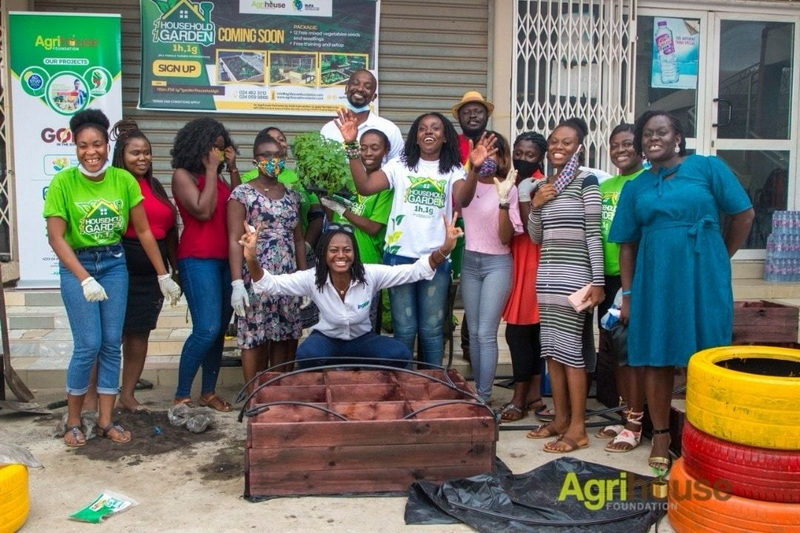Individual Consultant: Design A National Sorghum Flagship Program For Ethiopia | Devex
AGRA is a not-for-profit organization working with African governments, other donors, NGOs, the private sector, and farmers to improve the productivity and incomes of resource-poor smallholder farmers in Africa. AGRA aims to catalyze an inclusive agricultural transformation in Africa by increasing incomes and improving food security for millions of smallholder farmers in Africa. For more information about AGRA, please visit www.agra.org.
Sorghum is the third most important cereal in Ethiopia valued for its resilience to dry conditions and ability to grow in diverse agro-ecological zones, including drought prone regions. According Despite these significant gains and merits, sorghum production, marketing and processing have not yet reached their potential to benefit farmers and consumers and the economy at large. A multitude of biotic, abiotic and socioeconomic factors constrained sorghum production and productivity. Sorghum production and productivity face significant challenges including a lack of farmer preferred varieties and poor adoption/commercialization of hybrid varieties, weak seed systems, poor extension support, lack of irrigation and mechanization, lack of storage and post-harvest processing technologies. Undeveloped and inefficient marketing, value addition and lack of financial support added to the problem of developing competitive sorghum value chain.
Acknowledging its economic significance and the challenges it faces, the Ethiopian government has recently designated sorghum as a national flagship program alongside wheat, rice and oil crops. This decision follows extensive stakeholder consultations, highlighting sorghum’s vital role in strengthening food security and fostering economic growth in the country. To lead the development of this flagship program, the MoA has formed a National Technical Committee (NTC) and theme-specific National Task Forces (NTFs). The latter are expected to lead the conceptualization of issues and development of subject-specific parts of the program document.
The Consultant is expected to deliver on the following substantive documents:
a. A report on the current sorghum production systems and opportunities with a major focus on seed varieties, access and availability; agronomic practices in use; extension and advisory services; pre- and post-harvest management; product utilization, including processing; and access to markets.
b. A consolidated final sorghum value chain flagship program document with a direct responsibility for incorporating outcomes of the broad agronomic and value chain analyses done and the partnerships required to implement the program.
c. Stakeholder consultation and validation workshop reports.
The ideal candidate should have:
i. A PhD in Agriculture - Plant Science with a specialization in Agronomy, Plant Breeding, Seed Technology or a related field
ii. At least 10 years of experience in agricultural R&D, particularly in sorghum production and seed system strengthening.
iii. Excellent report writing ability in English.
iv. Demonstrated knowledge of climate-smart agriculture, sustainable agriculture, crop production, system agronomy, and project management.
v. Experience working with government agencies, development partners, and private sector actors.
vi. Strong analytical, communication, and stakeholder engagement skills.
AGRA works to achieve a food secure and prosperous Africa through the promotion of rapid, sustainable agricultural growth based on smallholder farmers. Smallholders--the majority women--produce most of Africa's food, and do so with minimal resources and little government support. AGRA aims to ensure that smallholders have what they need to succeed: good seeds and healthy soils; access to markets, information, financing, storage and transport; and policies that provide them with comprehensive support. Through developing Africa's high-potential breadbasket areas, while also boosting farm productivity across more challenging environments, AGRA works to transform smallholder agriculture into a highly productive, efficient, sustainable and competitive system, and do so while protecting the environment.









